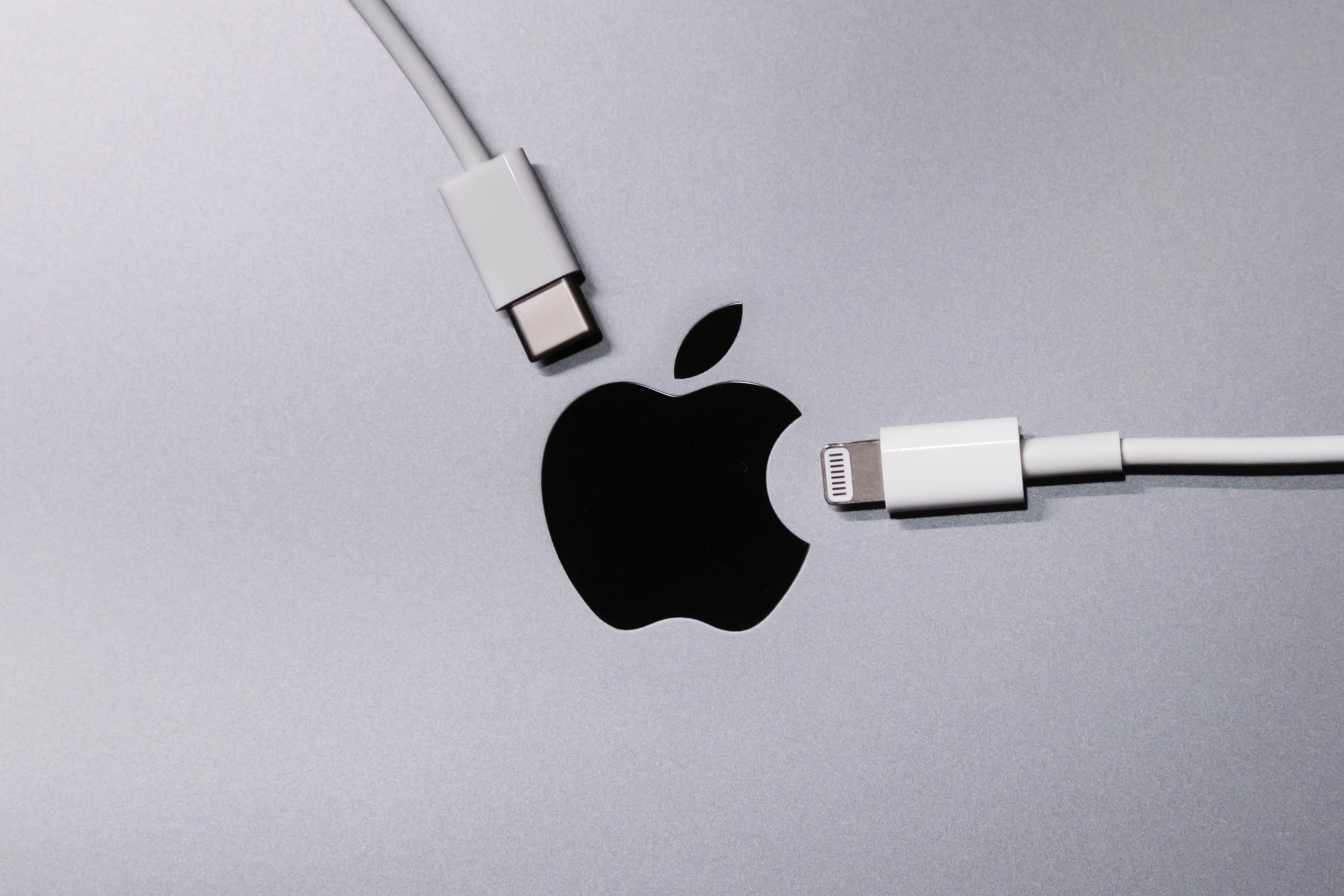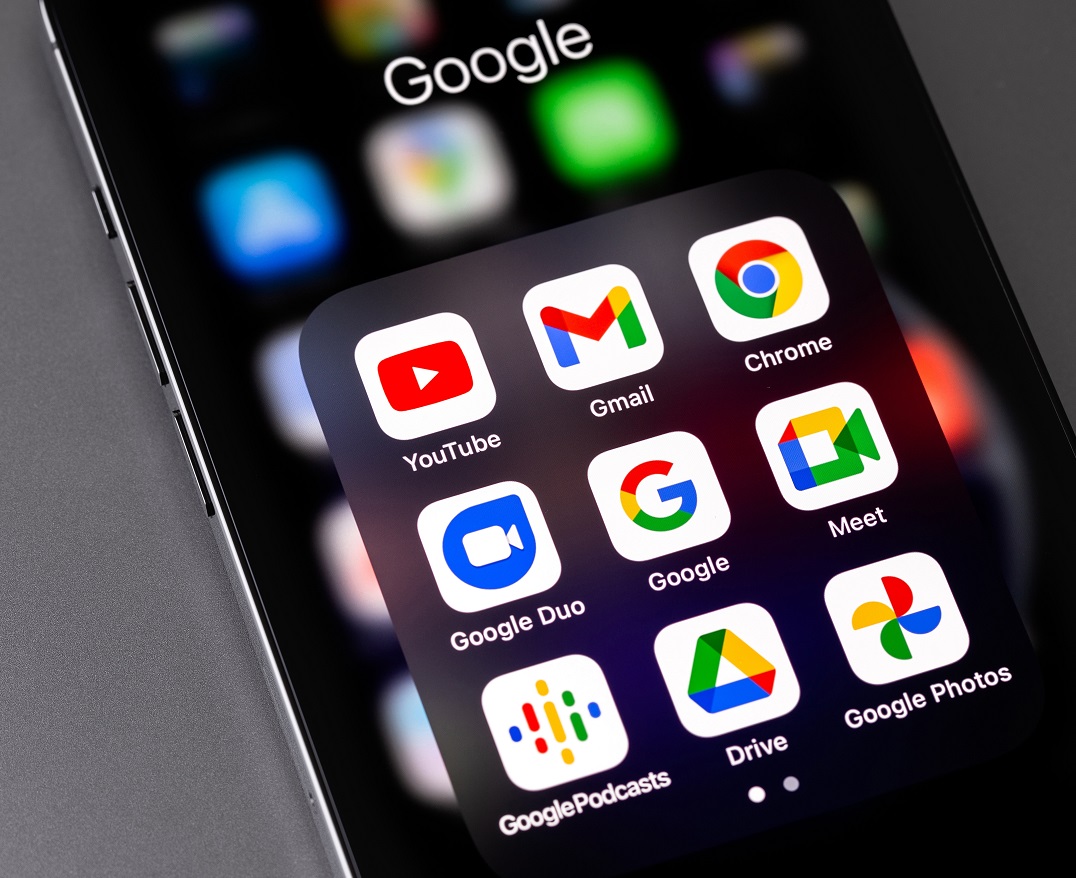The EU has passed new legislation which requires all future phones/devices to switch to USB-C.
By the end of 2024, all phones and devices of similar standard for sale in the EU must have a USB-C charging port.
Why was this change implemented?
The EU has proposed the ruling in hopes of reducing waste and supporting a more sustainable approach to positively impact climate change efforts. It is reported that as many as one in three chargers provided with iPhones are left unopened. This reduction in waste can be countered however – as it raises the question as to the possible impact of rendering many lightning cables useless. Subsequently further contributing to waste challenges for the short term
This change was also implemented in the hopes of increasing ease of access in households. Eradicating the concern of visiting someone’s house and they have USB-C chargers while you require a lightning cable.
Who is affected?
The main impact of this legislation is felt by Apple due to their signature lightning ports, introduced with the iPhone 5 back in 2012. This switch to USB-C is unfavorable to Apple as they have previously said that this would limit innovation for the company.
It also means that Apple must compete with other USB-C manufacturers and cannot inflate the prices of these cables as they face competition. On the other hand, the demand for USB-C cables will increase and may lead to a general increase in price of USB-C cables as a result.
Though this change wasn’t something Apple wished for, it’s something they are prepared for as they already have devices (iPads and Macs) that use USB-C. And, according to Bloomberg, Apple have already begun testing iPhones with USB-C ports.
When can we expect a change?
The change is required by the end of 2024 – however we can expect some devices to make the switch as early as late 2023/early 2024. The new iPhone 14 is out now with its lightning port, but it is very likely that this is the last iPhone with a lightning port.
There is a high chance that 2023 will bring us the iPhone 15 and it may very well have a USB-C port instead of a lightning port, even though the law applies a year after.
The EU has forced Apple to use USB-C ports within the European Union, but Apple is also likely to make this change for its products worldwide.





